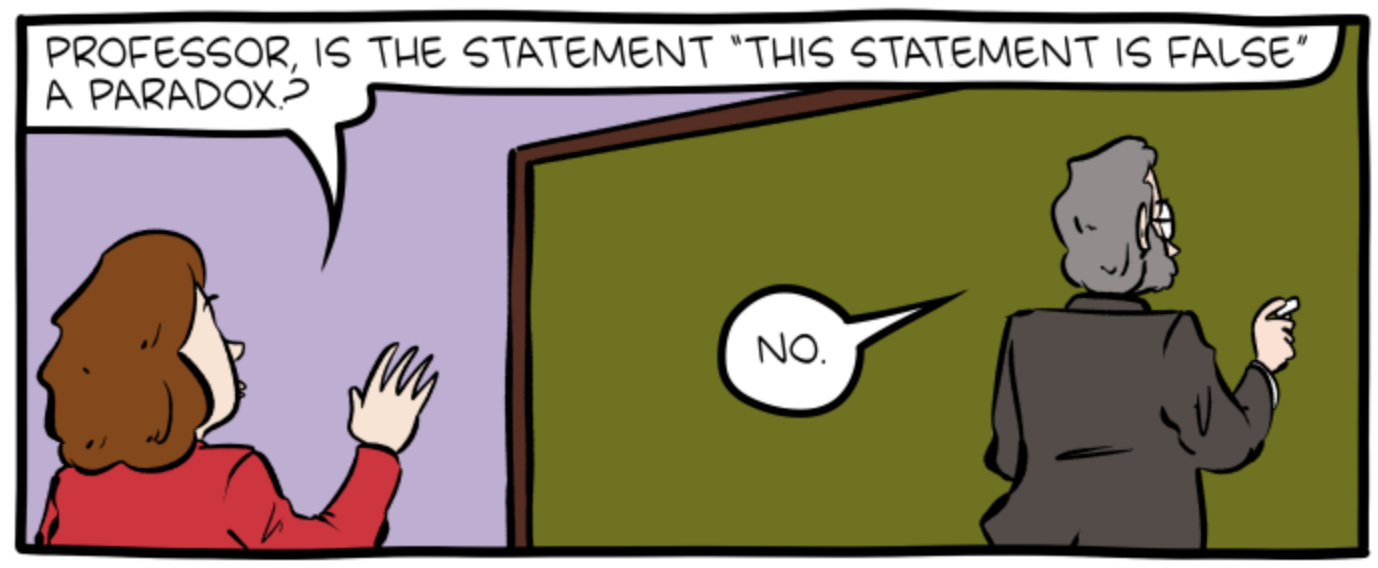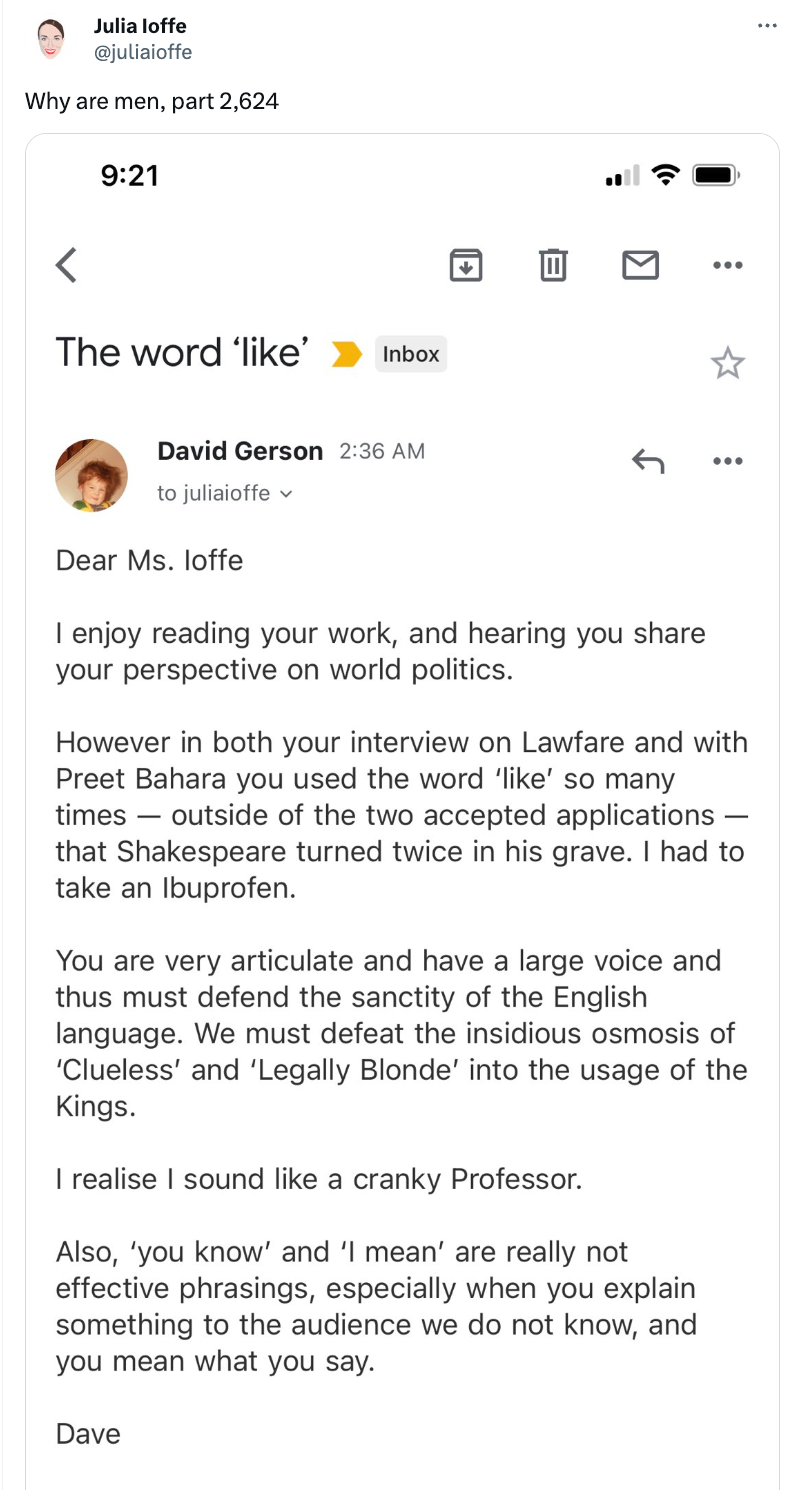The multifarious nature of the kiosk
Makes your head spin.
Takes so many different shapes and serves so many different purposes:
Historically, a kiosk (from Persian kūshk) was a small garden pavilion open on some or all sides common in Persia, the Indian subcontinent, and in the Ottoman Empire from the 13th century onward. Today, several examples of this type of kiosk still exist in and around the Topkapı Palace in Istanbul, and they can be seen in Balkan countries.
The word is used in English-speaking countries for small booths offering goods and services. In Australia they usually offer food service. Freestanding computer terminals dispensing information are called interactive kiosks.
(source)
Read the rest of this entry »





